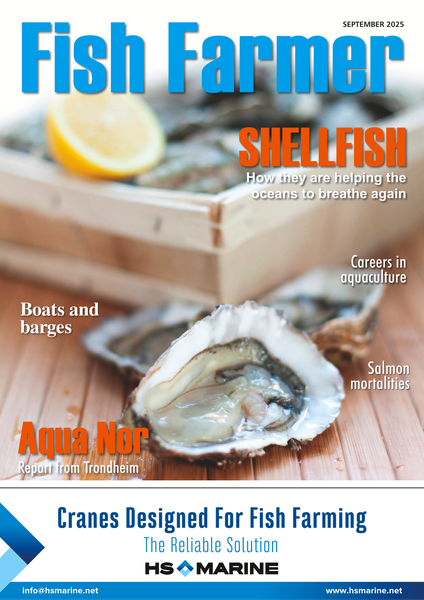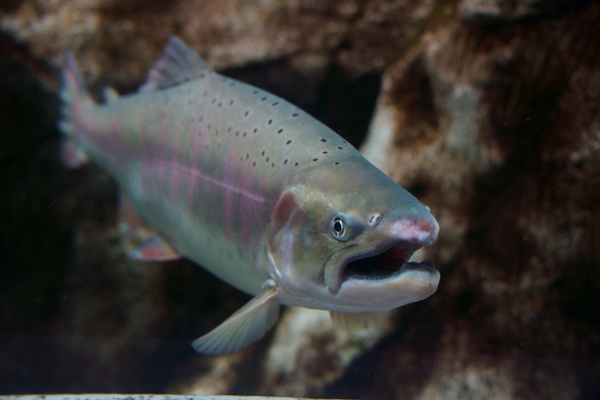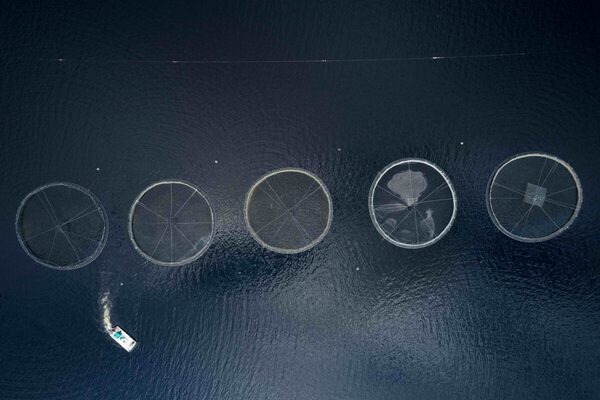Labour surges back to power in Norway
Labour leader Jonas Gahr Støre is back as Norway’s Prime Minister – and that may not be good news for the country’s salmon farming industry.
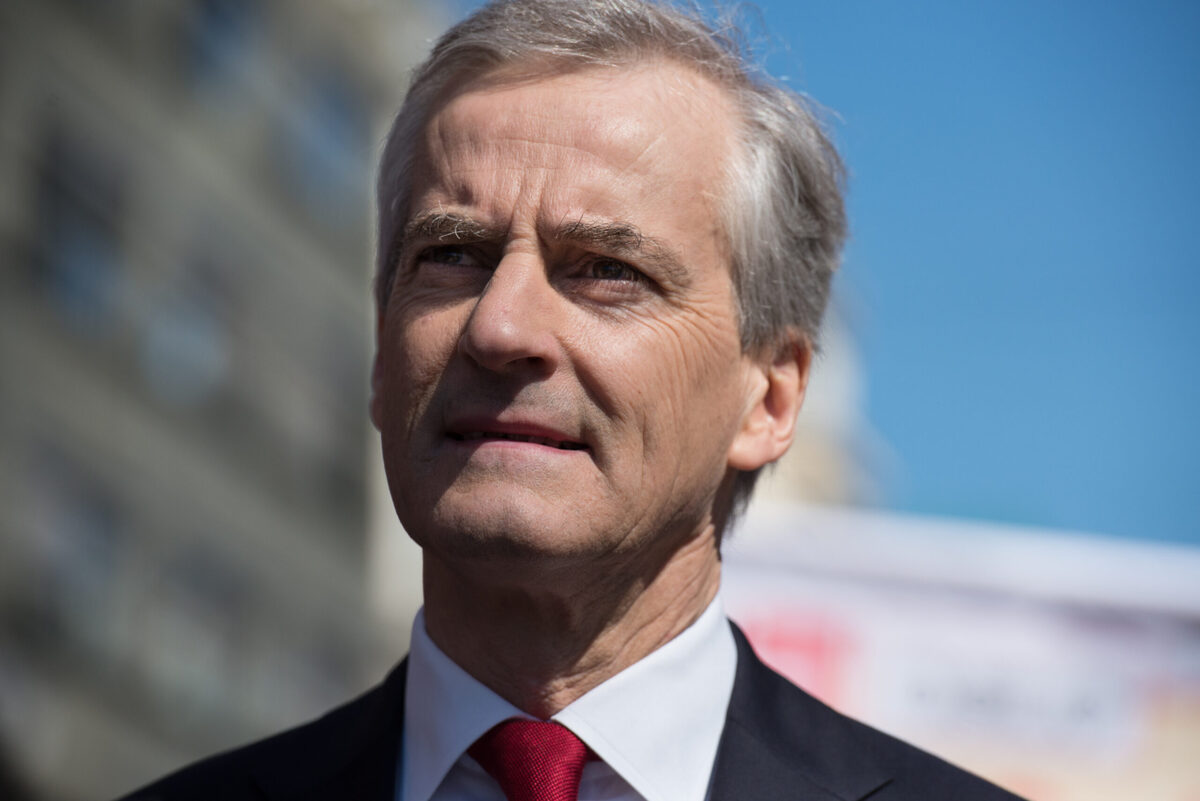
He won the Norwegian general election with an increased vote, strengthened by the presence of another former Labour premier Jens Stoltenberg, the recently retired NATO secretary general
It has proved a remarkable turnaround for a leader who looked down and out 18 months ago.
Labour’s fortunes revived when Stoltenberg rejoined the government and the Centre party, the architect of the salmon tax, quit the coalition in January.
Labour looks set to be Norway’s largest party, with the Liberal party as the second party in a "red-green" coalition, but it will also need the support of five smaller more radical left wing parties.
The Conservative Party, which appeared likely winners just 18 months ago and had promised to scrap or reduce the salmon tax, was soundly beaten.
The Conservatives’ long serving leader Erna Solberg, twice prime minister, is stepping down following the election result. Prior to the poll she had been tainted by a tax controversy involving her husband.
The FrP or Progress party, which is seen as further to the right than the Conservatives, surged in popularity. It is now the second largest party, but failed to make the breakthrough some pollsters had been expecting.
The result will clearly disappoint the likes of the Witzøe family which owns SalMar and Ivan Vindheim, CEO of Mowi. It means the industry will have to contend with the salmon tax for another four years and almost certainly further environmental and administrative reforms.
The Aquaculture Report, aimed at reforming the way the industry operates, was shelved in the Spring. It will be brought back and what is proposed may lead to further confrontation between the industry and the government despite agreement on both sides that changes are needed.
For Norwegian voters, worry over the Russian threat and Donald Trump’s tariffs, which have hit Norway harder than other northern salmon producers, took preference over the concerns of the country’s aquaculture industry.
More wealthy Norwegians are now expected to join the already growing exodus to Switzerland where taxes are far lower.
Labour will not want to make enemies of salmon farm owners and the re-elected government is likely to take a pragmatic approach. The industry, after all, remains Norway’s second largest export revenue earner after oil and gas. But Labour will insist on reforms which the industry may not welcome.
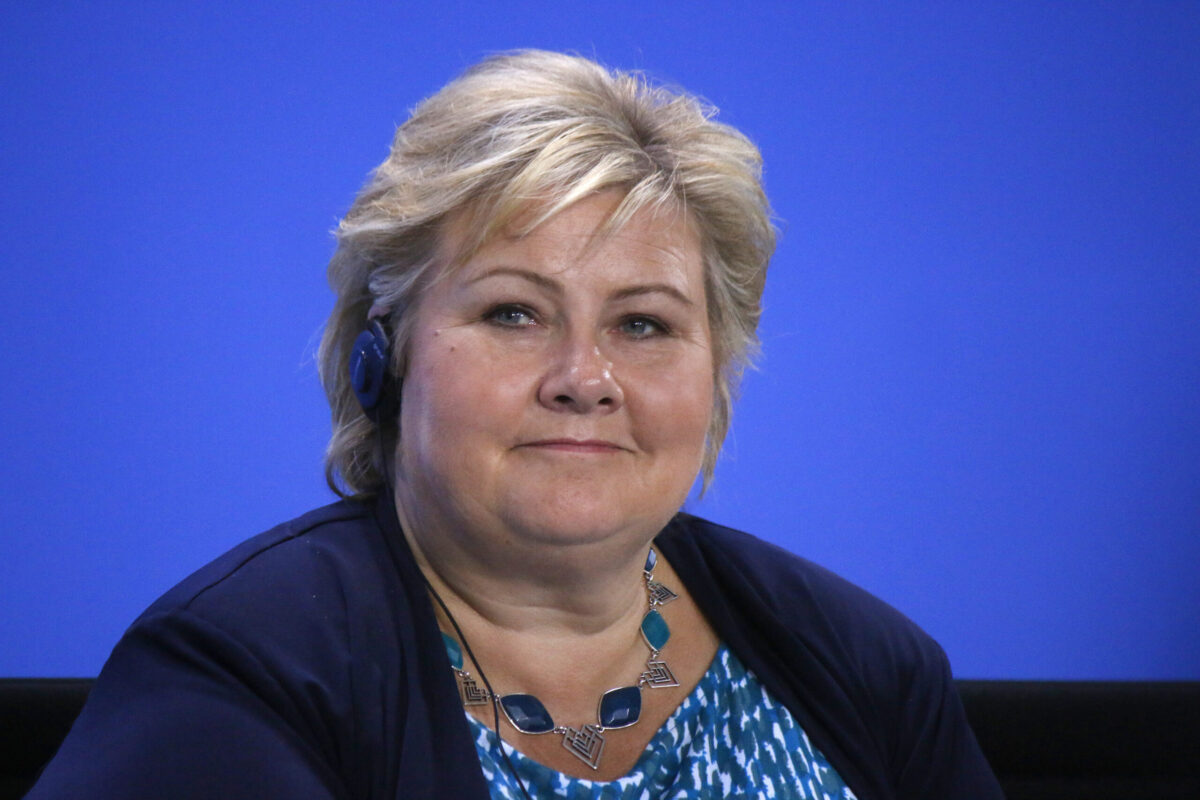
Why not try these links to see what our Fish Farmer AI can tell you.
(Please note this is an experimental service)
